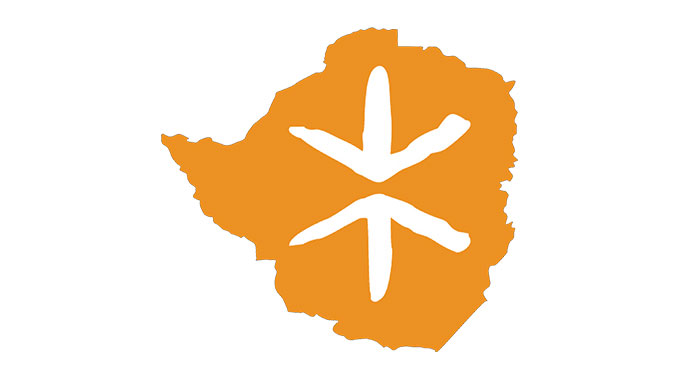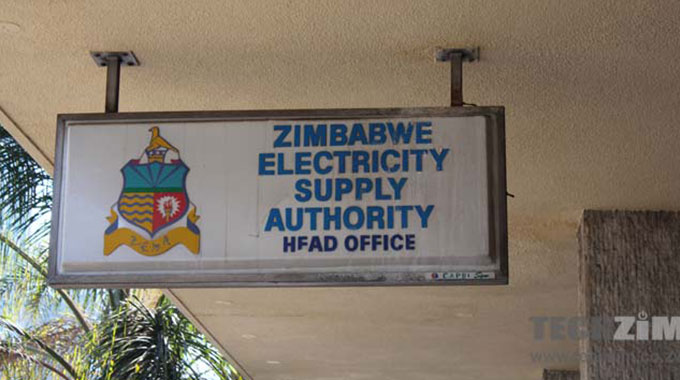Cesvi revamps Beitbridge irrigation projects

Thupeyo Muleya, Beitbridge Bureau
A NON-GOVERNMENTAL organisation, Cesvi, has thrown a lifeline to nine irrigation projects in Beitbridge, which are being resuscitated as part of a three-year Zimbabwe Resilience Programme funded by the United Nations Development Programme (UNDP).
The multinational body availed US$5,3 million for the initiative, which started in 2017 and will end in June this year. The fund also covers none forestry timber projects in Nyanga.
It is being implemented through the Ministry of Agriculture under the (Progress) consortium led by the International Rescue Committee (IRC). Other members of the consortium include Cesvi, Matopos Research Centre and Biohub.
According to Cesvi area coordinator for Beitbridge, Mr Munyaradzi Katemaudzanga, the rehabilitation project is being rolled out at River Ranch, Ndambe Phase 2, Jalukange, Bili, Dombolidenje, Shashe, Kwalu,Tongwe and Tshikwalakwala irrigation schemes.
“Civil works are at an advanced stage. So far, we have completed rehabilitating the Dombolidenje irrigation scheme where we have a centre pivot irrigating 16 hectares and is operating with a solar-powered booster pump,” said Mr Katemaudzanga.
“At River Ranch, we have covered a lot of ground where another centre pivot is covering 30 hectares.
“We have also installed two centre pivots to irrigate 26 and 34 hectares respectively while at Ndambe Phase 2, a borehole and drip rehabilitation has been completed.”
He said they had erected an electric fence covering more than 70 percent of Jalukange and Bili irrigation projects.
The other projects are at various stages of resuscitation depending on the state of affairs in those areas. Capacity building initiatives targeting plot holders and agriculture extension workers are already underway.
Mr Katemaudzanga said the irrigation projects were being modernised to adapt to the effects of climate change.
“We are installing solar-powered pumps and related equipment to manage electricity shortage.
This is a project to enhance communities’ resilience to climate change,” he said.
Some of the challenges around the implementation of the project have to do with transforming the mindset of the communities to grasp new technology in farming. The organisation is helping the farmers to improve on the institutional management thrust.
Mr Katemaudzanga said dry-land farming was not viable for Beitbridge district hence the need to prioritise irrigation farming.
The district needs at least 450mm per season for crops to do well, but in the last two seasons rainfall has been very erratic.








Comments